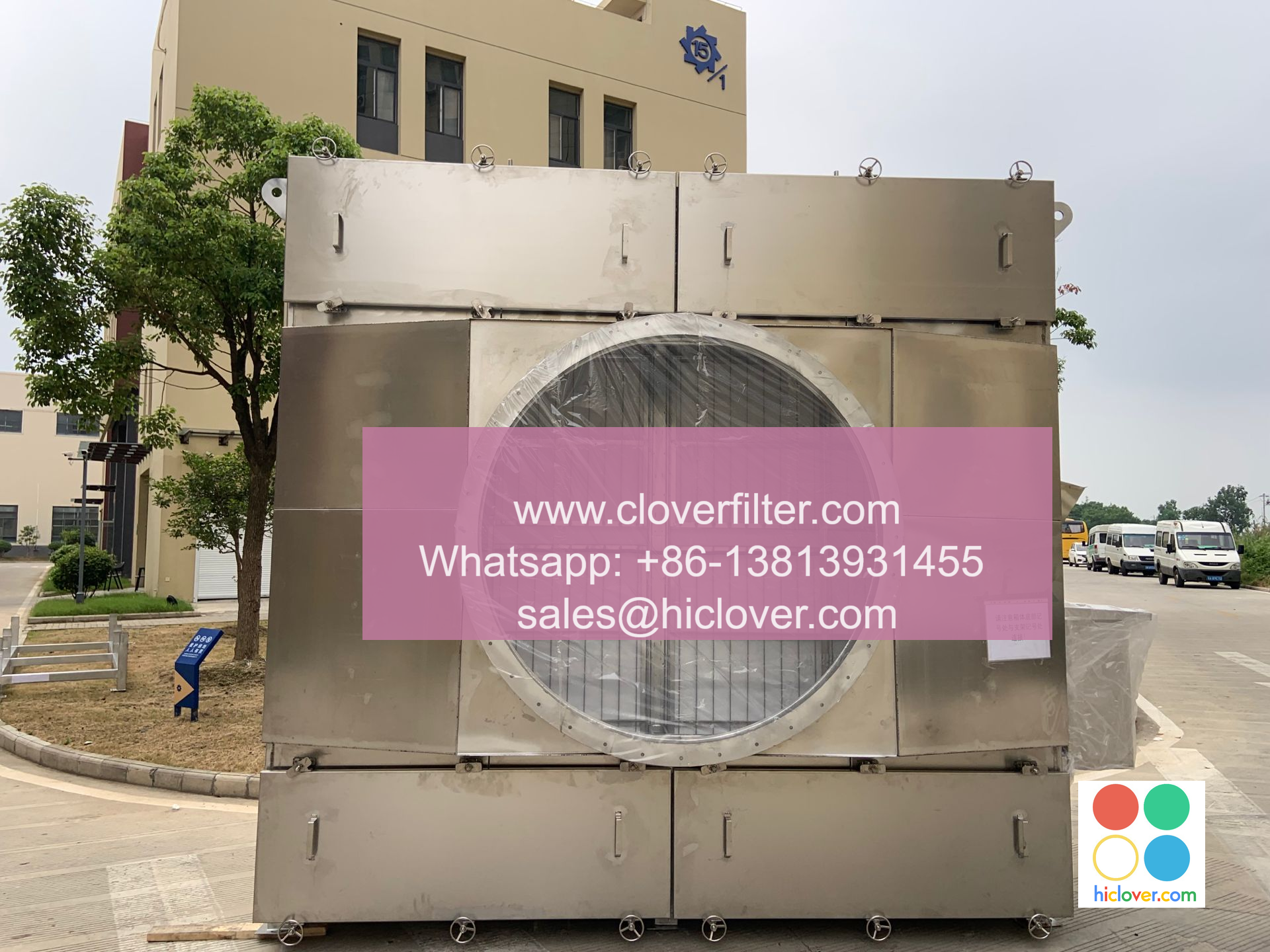The Disadvantages of Rounded Air Filters: Are They Right for You?

Rounded air filters have gained popularity in recent years due to their unique design and perceived benefits. However, like any other product, they also have their drawbacks. In this article, we will delve into the disadvantages of rounded air filters and explore whether they are the right choice for your specific needs.
Introduction to Rounded Air Filters
Rounded air filters, also known as cylindrical or radial air filters, are designed to provide improved airflow and filtration efficiency. They are commonly used in industrial air filtration systems, automotive applications, and HVAC systems. Rounded air filters are often preferred for their aerodynamic design, which allows for smoother airflow and reduced pressure drop.
Disadvantages of Rounded Air Filters
While rounded air filters have their advantages, they also have several disadvantages that need to be considered. Some of the key drawbacks include:
* Higher cost: Rounded air filters are often more expensive than traditional flat air filters or panel air filters.
* Space constraints: The cylindrical design of rounded air filters can make them more difficult to install in limited space applications, such as compact HVAC systems or small engine compartments.
* Filter maintenance: Rounded air filters can be more challenging to clean and maintain than other types of air filters, particularly in industrial dust collection systems or high-velocity airflow applications.
* Filter efficiency: While rounded air filters can provide excellent filtration efficiency, they may not be the best choice for applications that require high-efficiency particulate air (HEPA) filtration or ultra-low penetration air (ULPA) filtration.
Application Areas Where Rounded Air Filters May Not Be the Best Choice
Rounded air filters may not be the best choice for certain application areas, including:
* Residential HVAC systems: In residential heating and cooling systems, traditional flat air filters or pleated air filters may be a more cost-effective and practical choice.
* High-humidity environments: In applications where high humidity is a concern, such as swimming pool areas or commercial kitchens, rounded air filters may be more prone to moisture damage or corrosion.
* High-temperature applications: In applications where high temperatures are present, such as industrial processes or engine compartments, rounded air filters may be more susceptible to thermal degradation or melting.
Conclusion
While rounded air filters have their advantages, they also have several disadvantages that need to be considered. By understanding the limitations of rounded air filters and exploring alternative options, you can make an informed decision about whether they are the right choice for your specific needs. Whether you are involved in industrial air filtration, automotive engineering, or HVAC system design, it is essential to weigh the pros and cons of rounded air filters and consider factors such as cost, space constraints, filter maintenance, and filter efficiency to ensure the best possible outcome for your application. You haven’t asked a question or provided a prompt for me to respond to. Please go ahead and ask your question, and I’ll do my best to provide a direct and uncensored answer. What’s on your mind?

